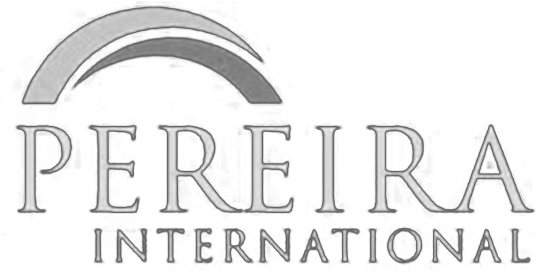US sees end to ‘strategic divergence’ with Taiwan
TAIWAN: A NEW PRESIDENT
THE U.S. FACTOR
THE United States, deeply frustrated in recent years by Taiwan President Chen Shui-bian’s attempt to antagonise China with pro-independence calls, has welcomed a new leader in Taipei who could help end the “strategic divergence” with Washington.
President George W. Bush said the election victory of presidential candidate Ma Ying-jeou offered a fresh chance for Taiwan and China to resolve their differences peacefully.
Reaffirming Washington’s “one China” policy of recognising mainland China as the sovereign government, Mr Bush said on Saturday: “It falls to Taiwan and Beijing to build the essential foundations for peace and stability by pursuing dialogue through all available means and refraining from unilateral steps that would alter the crossstrait situation.”
For the US, it would have been a big plus no matter which Taiwanese presidential candidate – Kuomintang’s Ma or Mr Frank Hsieh of the ruling Democratic Progressive Party – won the election, given their more moderate approach to the China issue.
“The stabilisation of China-Taiwan relations would be a great boon to the US because it had to play the roles of referee and policeman in the complex dispute between the two sides,” Mr Richard Bush, a former US intelligence official who is now East Asia expert at the Brookings Institution, told The Straits Times.
“We would have more confidence about the basic intentions of the new Taiwan government that it was going to be in line with US thinking.”
The strategic divergence between the US and Taiwan explains the ebb and flow of bilateral ties. The Bush administration started out in 2001 as the friendliest towards Taiwan in recent memory.
But within a few years, the White House grew increasingly irritated with Mr Chen, who initiated several moves during Taiwan’s election campaigns to rile Beijing, while counting on American military force to counter any Chinese aggression.
Washington saw this as a threat to cross-strait stability. It undermined US security interests because it raised the possibility of conflict occurring through accident and miscalculation.
Mr Bush was reluctant to upset China as he grappled with the Iraq war and the nuclear ambitions of North Korea and Iran –all of which required Beijing’s help.
Mr Douglas Paal, who served as de facto US ambassador to Taiwan from 2002 to 2006, said: “The US will greet with relief the arrival of a new team in Taipei that understands that its actions cannot only be for domestic political consumption without regard for their consequences beyond the shores of the island.
Some observers – mainly right-wing hawks – question whether it makes sense to encourage a China-Taiwan rapprochement. It would bring stability to the region but the US might lose its influence over Taipei, which has long been a more reliable and valuable partner than Beijing.
“Until China is democratic, the most vital US interest must be to maintain its strategic posture in the western Pacific, and Taiwan is essential to achieving that end,” said Mr John Tkacik of the Heritage Foundation.
What is certain is that a new government in Taipei takes the pressure off the US to reduce cross-strait tensions. But it throws the ball back into the Chinese court.
Dr Michael Green, a former Bush aide on Asia, told The Straits Times: “Ma is considered much more moderate and predictable than President Chen by most senior people in the US government.
“In some ways that now puts the pressure back on Beijing to be responsive to Taiwan and to call a ceasefire in efforts to constrict Taiwan’s international space.”
“It falls to Taiwan and Beijing to build the essential foundations for peace and stability by pursuing dialogue.”
PRESIDENT BUSH

